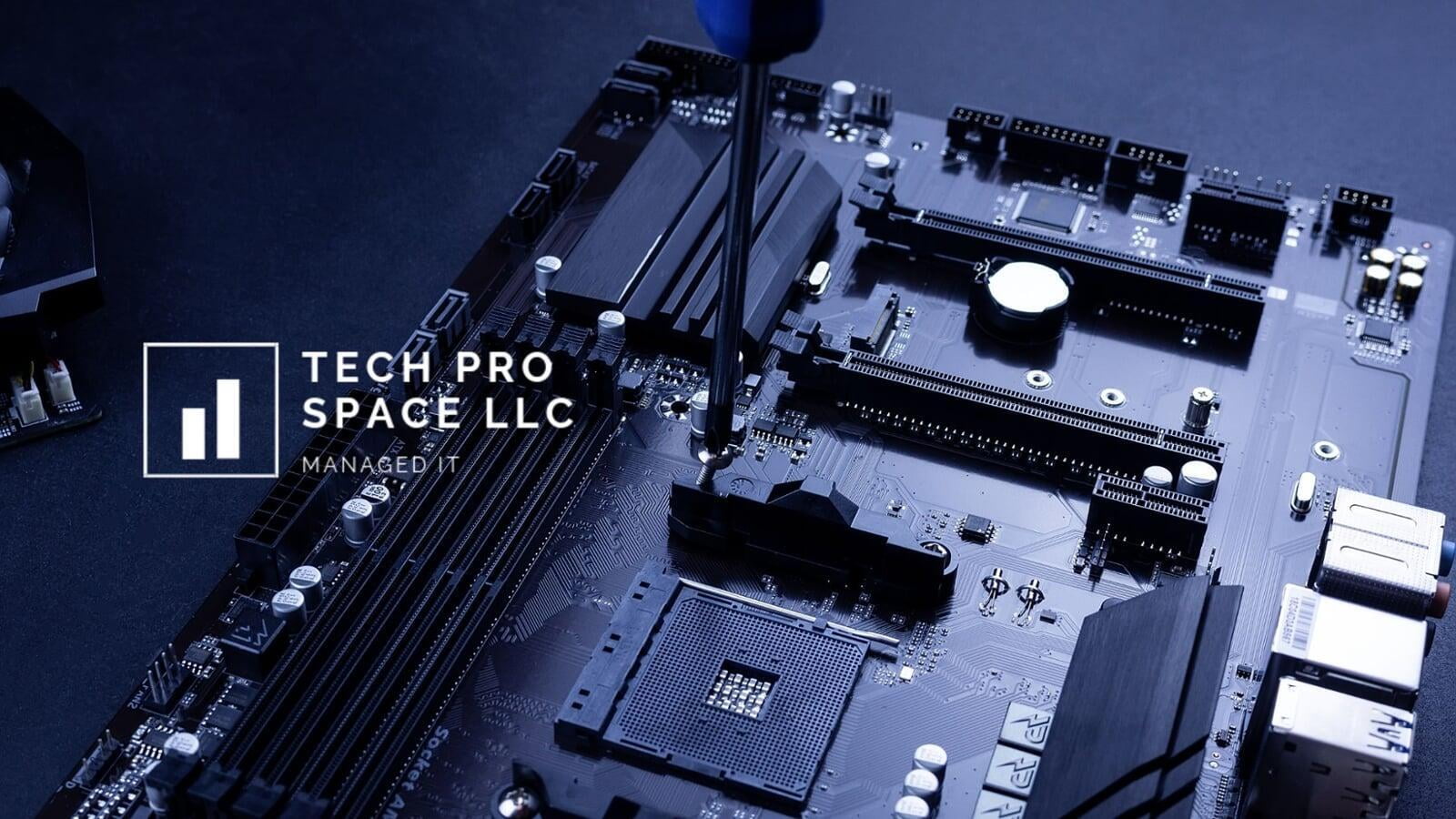Backup Your Data
The first and most important step you should take before taking your computer to a repair shop is to back up all of your important data. This is essential because repairs can sometimes result in the loss of your files, and you don't want to lose important documents, photos, or other files.
You can back up your data by using an external hard drive or a cloud-based service like Dropbox, Google Drive, onedrive or iCloud. Simply copy your important files to the external drive or upload them to the cloud, and you'll have a backup in case anything goes wrong during the repair process.
Record Your Computer's Symptoms
Before you take your computer to the shop, make a note of all the symptoms you've noticed. For example, is your computer slow to start up, are there error messages on the screen, or are certain programs not working properly? Write down all of the symptoms you've experienced so you can provide this information to the technician.
Remove Computer Password
If your computer is password-protected, be sure to remove the password before taking it to the repair shop. This will make it easier for the technician to access your computer and diagnose and fix the issue.
To remove your password, simply go to your computer's settings and disable the password protection. If you're not sure how to do this, you can ask the technician for help when you arrive at the shop.
Uninstall Any Unnecessary Software
Before you take your computer to the repair shop, it's a good idea to uninstall any unnecessary software or programs. This will free up space on your hard drive and make it easier for the technician to diagnose and fix the issue.
Remove Any External Devices
If you have any external devices connected to your computer, such as printers, scanners, or external hard drives, be sure to disconnect them before taking your computer to the repair shop. This will make it easier for the technician to work on your computer without accidentally damaging any external devices.
To disconnect external devices, simply unplug them from your computer and store them in a safe place until your computer has been repaired.
Check Your Warranty
If your computer is still under warranty, be sure to check the terms of the warranty before taking it to a repair shop. Depending on the terms of the warranty, you may be required to take your computer to a specific repair shop or to contact the manufacturer before seeking repairs.
Checking your warranty can also help you determine whether the repairs will be covered by the warranty or whether you'll need to pay for the repairs out of pocket.
Research Repair Shops
Before taking your computer to a repair shop, it's a good idea to do some research to find a reputable repair shop in your area. Look for reviews online and ask friends or family members for recommendations.
When choosing a repair shop, consider factors such as the shop's experience, certifications, and customer service. You want to find a shop that has a good reputation for quality work and customer satisfaction.
Additionally, check to see if the repair shop specializes in your type of computer or operating system. Some shops may specialize in Apple products, while others may focus on Windows-based computers.
Make a List of Questions to Ask the Technician
When you take your computer to the repair shop, you'll likely have questions about the repair process and how long it will take. Before you go, make a list of questions to ask the technician so you can get all the information you need.
Some questions you may want to ask include:
- How long will the repair take?
- What is the estimated cost of the repair?
- Will my data be safe during the repair process?
- Do you offer any warranties or guarantees on your work?
- Will you contact me if there are any unexpected issues or additional costs?
By asking these questions, you can ensure that you have all the information you need to make an informed decision about your repair.
Secure Your Computer
Before you take your computer to the repair shop, it's important to ensure that your device is secure. This means making sure that all of your personal information is protected and that your computer is not vulnerable to hackers or other security threats.
To secure your computer, make sure that your antivirus software is up-to-date and run a full scan of your computer. You may also want to consider installing a firewall or other security software to protect your device while it is being repaired.
Clean Your Computer
Finally, before taking your computer to the repair shop, it's a good idea to give it a thorough cleaning. This will not only make your computer look better, but it can also help prevent issues caused by dust or debris inside your computer.
To clean your computer, use a soft cloth or compressed air to remove any dust or debris from the outside of your device. You may also want to use a cleaning solution specifically designed for electronics to wipe down your computer's keyboard and screen.
Conclusion
Taking your computer to a repair shop can be a stressful experience, but by taking these essential steps beforehand, you can ensure that your device and data are in good hands. By backing up your data, recording your computer's symptoms, and removing passwords and unnecessary software, you can help the technician diagnose and fix the issue more quickly and accurately.
With these tips in mind, you can have peace of mind knowing that your computer will be repaired quickly and efficiently, and that your data will be safe and secure.

